During pregnancy, it is important to maintain a strong immune system and protect yourself and your baby from the potential harmful effects of an infection. While there are many important immune-boosting supplements, Reishi mushrooms can definitely be added into the mix. Reishi contains two constituents which may greatly benefit the immune system; the b-D-glucans (polysaccharides) are immunomodulatory, while the triterpenoids have strong anti-viral properties [1].
Macrophages are specialized cells in our bodies involved in the detection and destruction of bacteria and other harmful organisms. These immune cells, along with many others, carry specific receptors for b-D-glucans, such as dectin-1 and TLR-2 [2]. Dectin-1 is the most abundant receptor, and its activation stimulates processes that lead to the death and elimination of pathogenic microorganisms that may invade the body [2]. TLRs (toll-like receptors) are another common receptor of the immune system involved in the early stages of infection as they initiate the innate immune response. When b-D-glucans bind to TLRs, this can activate the innate immune system and induce the production of important cytokines crucial in controlling the growth and activity of other immune cells [2].

Reishi Mushrooms May Prevent Gestational Diabetes
Gestational diabetes mellitus (GDM) is defined as any glucose intolerance that is first recognized during pregnancy [3]. GDM increases the risk of high blood pressure, preeclampsia or eclampsia during pregnancy and can increase the risk of type 2 diabetes development or cardiovascular disease later in life [3]. It is important to take the necessary steps to regulate blood sugar with diet and exercise, but Reishi may add additional support to further reduce the risk of developing GDM.
Reishi mushrooms are full of polysaccharides, proteoglycans, proteins, and triterpenoids that have illustrated hypoglycemic effects by increasing insulin levels and decreasing plasma sugar levels in animal studies [4]. Additionally, a study completed on pregnant mice found that Reishi was able to modify glucose metabolism, reduce lipid peroxidation, and protect fetus health, reducing long-term health risks overall [5].
Reishi Mushrooms May Assist in Modulating Blood Pressure
As mentioned, GDM increases the risk of high blood pressure during pregnancy, as well. High blood pressure during pregnancy can lead to a wide array of potential complications, thus, it is an important health marker to keep track of. One study found that Reishi is a potential source of hypotensive peptides that can help to regulate blood pressure [6]. Additionally, studies have found that a mushroom diet of 100 grams per day during pregnancy could be used as a preventative strategy for lowering the risk of pregnancy-induced hypertension [7].
Reishi May Prevent Obesity in Pregnancy
While pregnancy is associated with weight gain in many cases, there is a high prevalence of women gaining more weight than what is medically recommended or healthy. Excessive weight gain may lead to increased health complications for both the mother and child. Often obesity is associated with low-grade inflammation and disruptions in intestinal microbiota [8]. Reishi was found to be an adequate prebiotic agent to prevent gut dysbiosis and reduce incidence of obesity [8]. It is important to note that Reishi’s impact on weight is also due to its ability to regulate blood sugar levels and decrease inflammation in the body [8].
Reishi May Improve Mental Health and Sleep Quality During Pregnancy
One of the most important factors contributing to overall health during pregnancy is sleep quality and mental health. Many individuals experience anxiety during pregnancy as well as insomnia. These two factors may occur independent of each other, but they may also impact one another.
Reishi has illustrated anxiolytic effects in research studies, especially due to its constituents of phenols and flavonoids [9]. Anxiety is often linked to difficulties with sleep as excess worrying and racing thoughts make it difficult to fall and stay asleep throughout the night. Reishi’s ability to relax an individual was further studied by assessing its effect on sleep and its different phases [10]. The study found that Reishi was able to increase total sleep time and the length of non-rapid eye movement sleep (NREM sleep), which would result in a more restful sleep [10].

Can I Take Reishi Mushroom During Pregnancy?
As per Health Canada’s mushroom recommendations, the only mushrooms that do not have warnings for pregnancy or breastfeeding are Reishi and Shiitake. However, you should consult your doctor and healthcare provider before starting any dietary supplements, including Reishi, while pregnant.
Related Articles
Want to learn more about Reishi Mushroom? Check out these related blogs.
- Recover from Burnout with Reishi and Cordyceps Mushrooms
- Epilepsy Relief: Harnessing the Benefits of Reishi Mushroom
- How do Reishi and Chaga Mushrooms Benefit Hair Health?
- Reishi Mushroom for the Immune System
We hope you have found this article informative. If you have any questions or comments, please feel free to leave them in the comment section below!


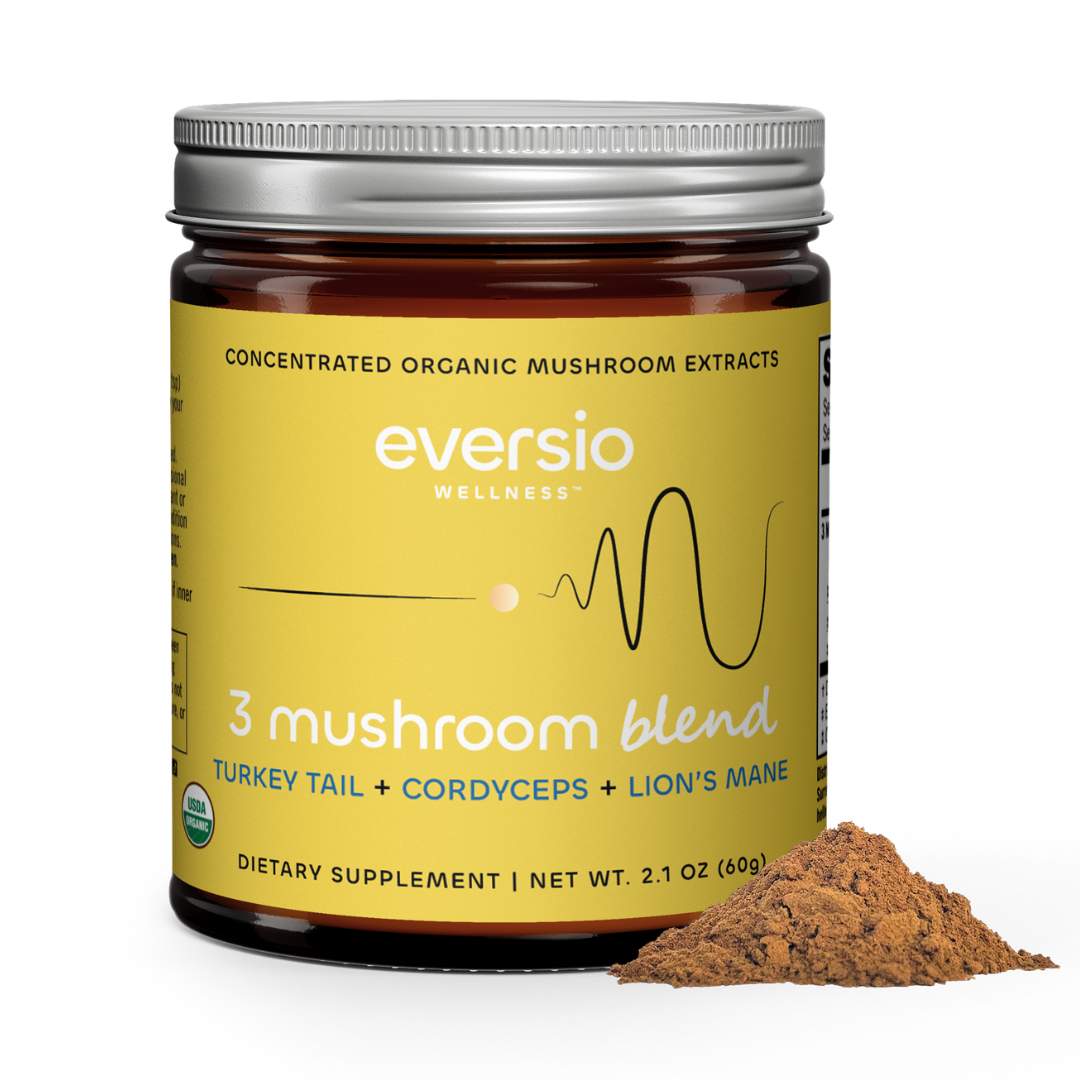
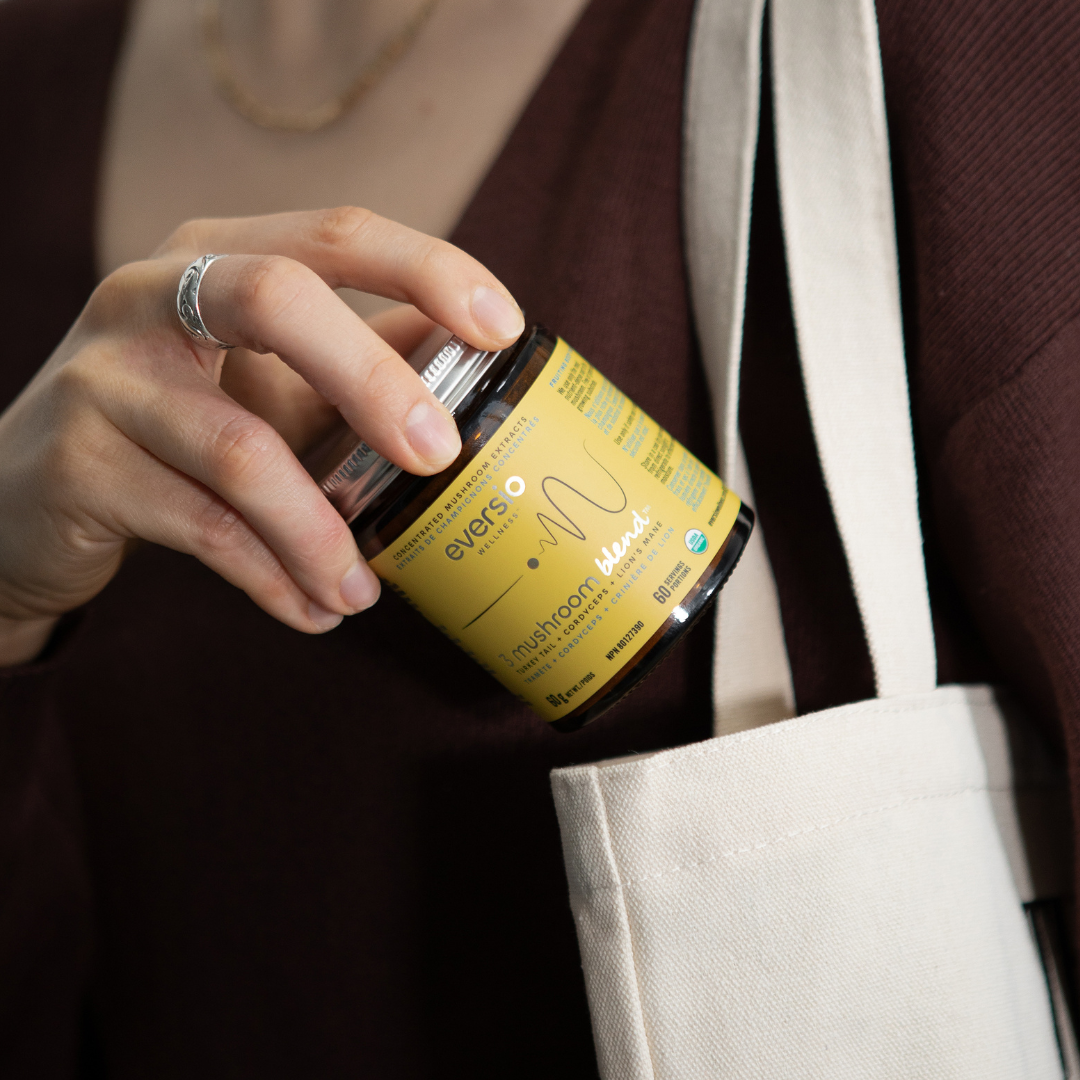

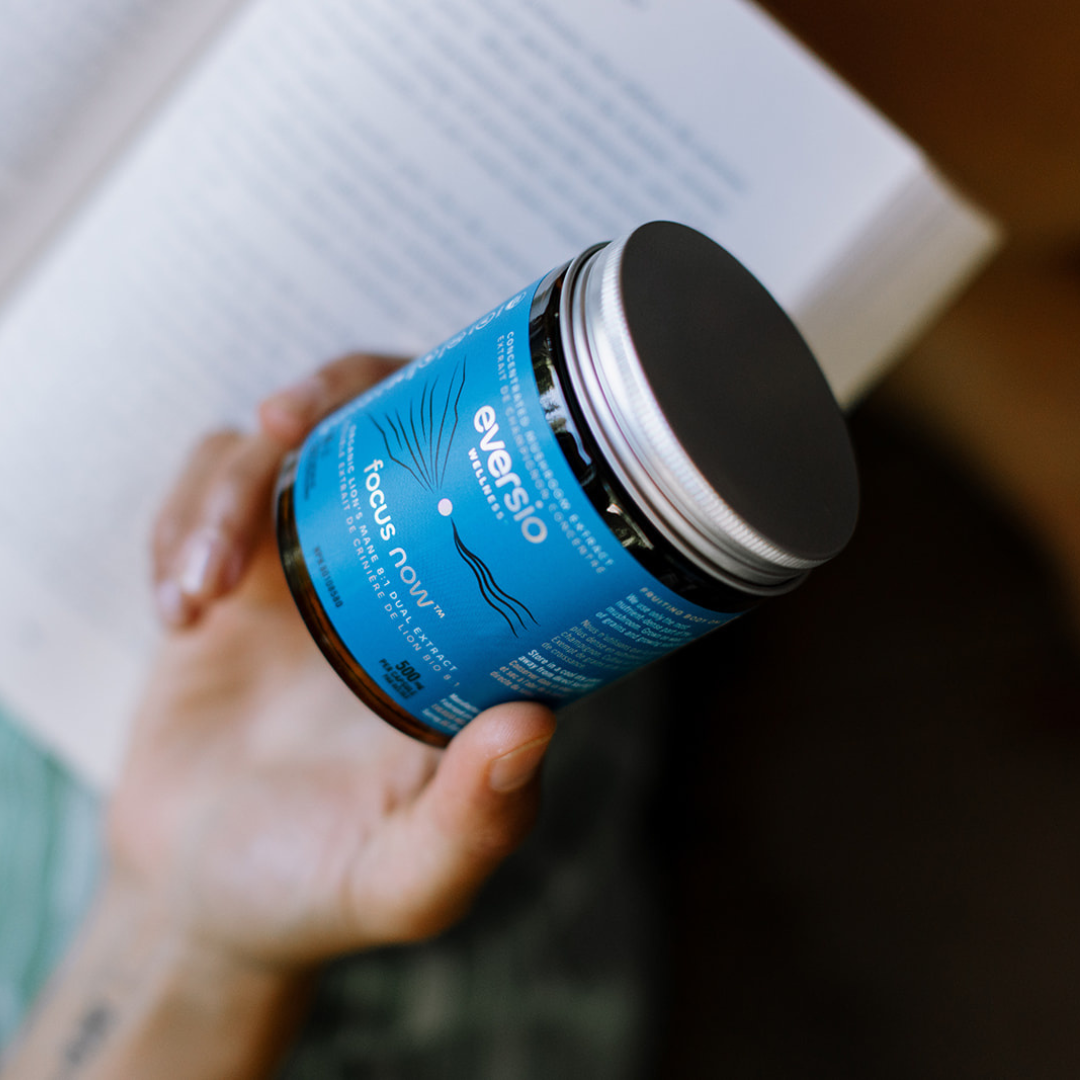
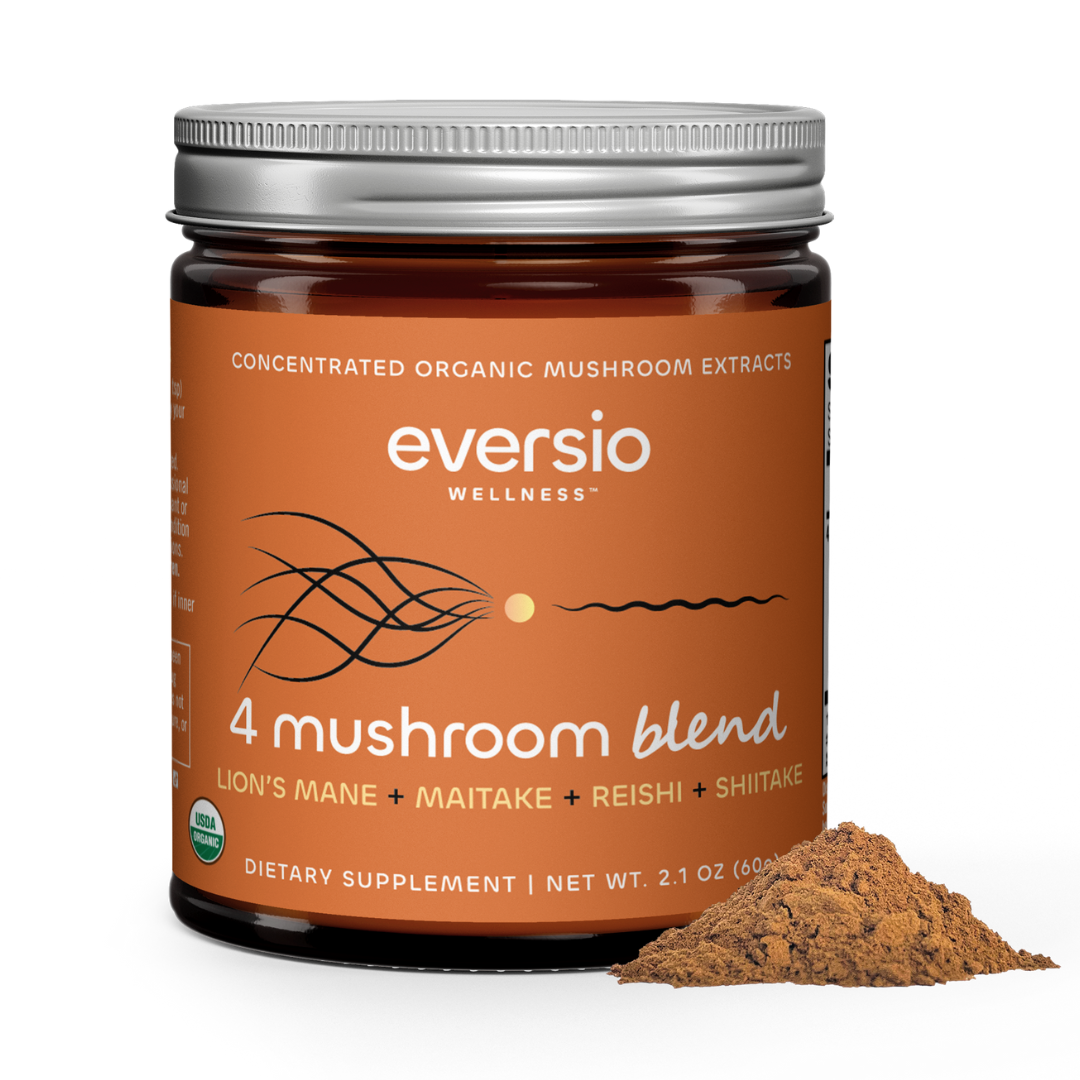


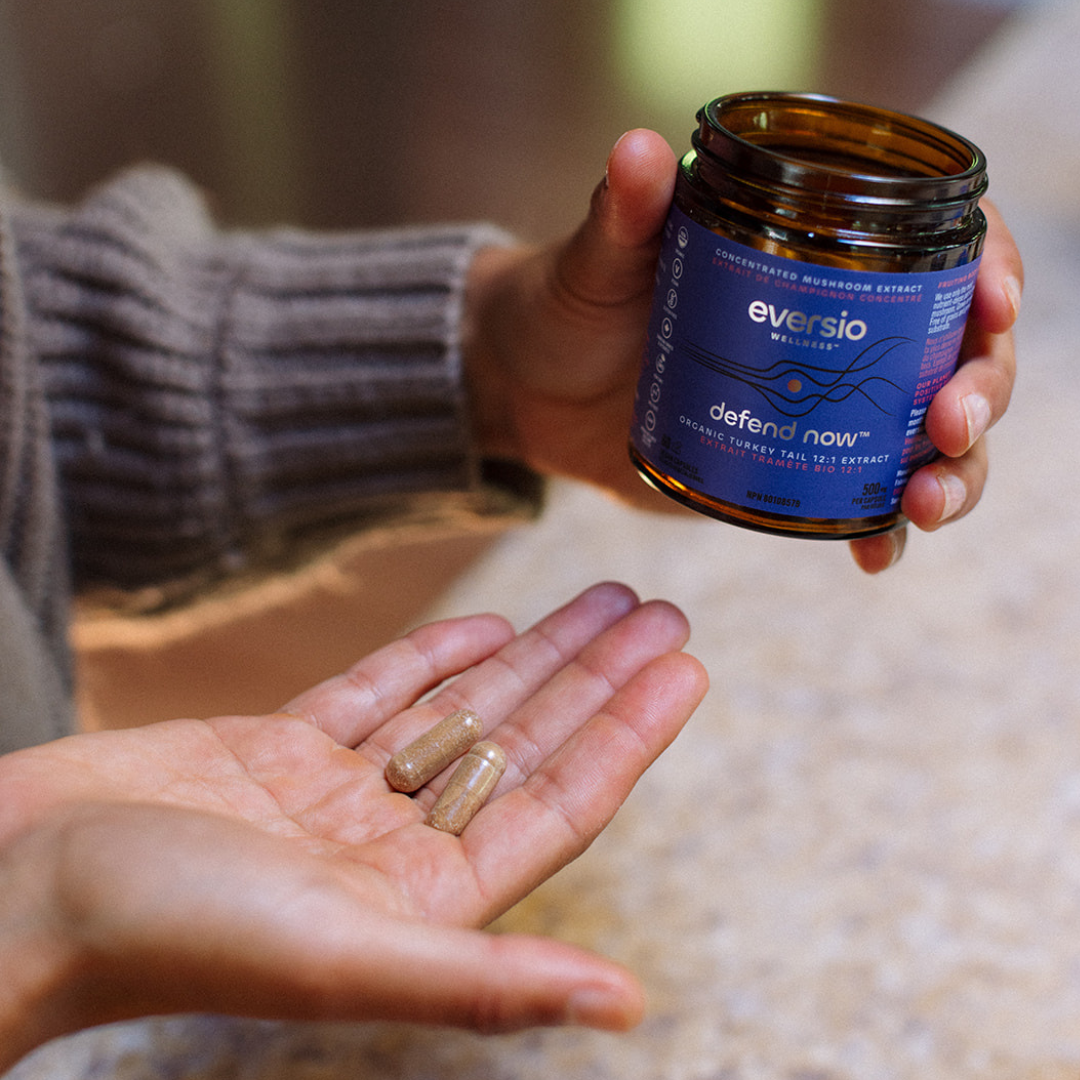
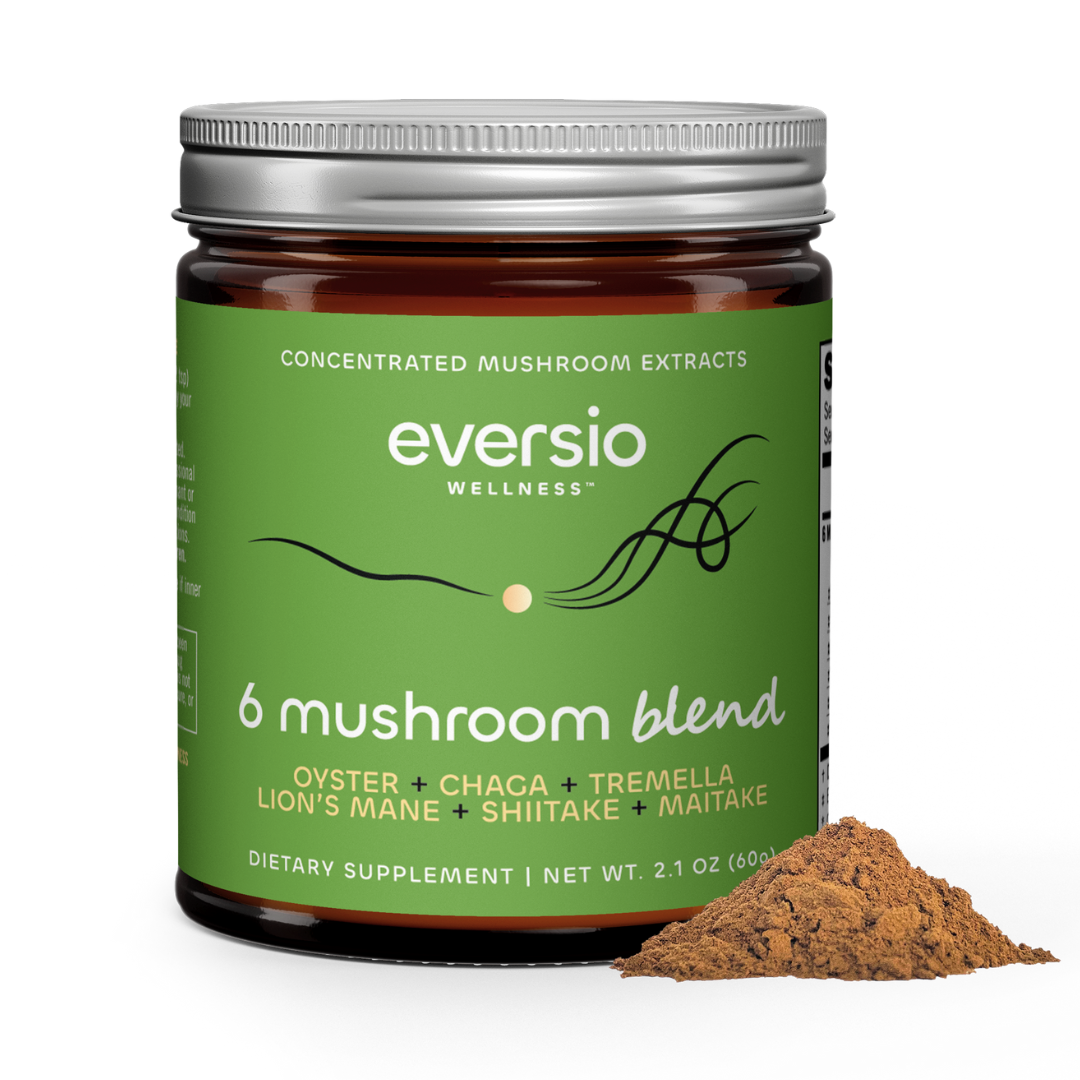
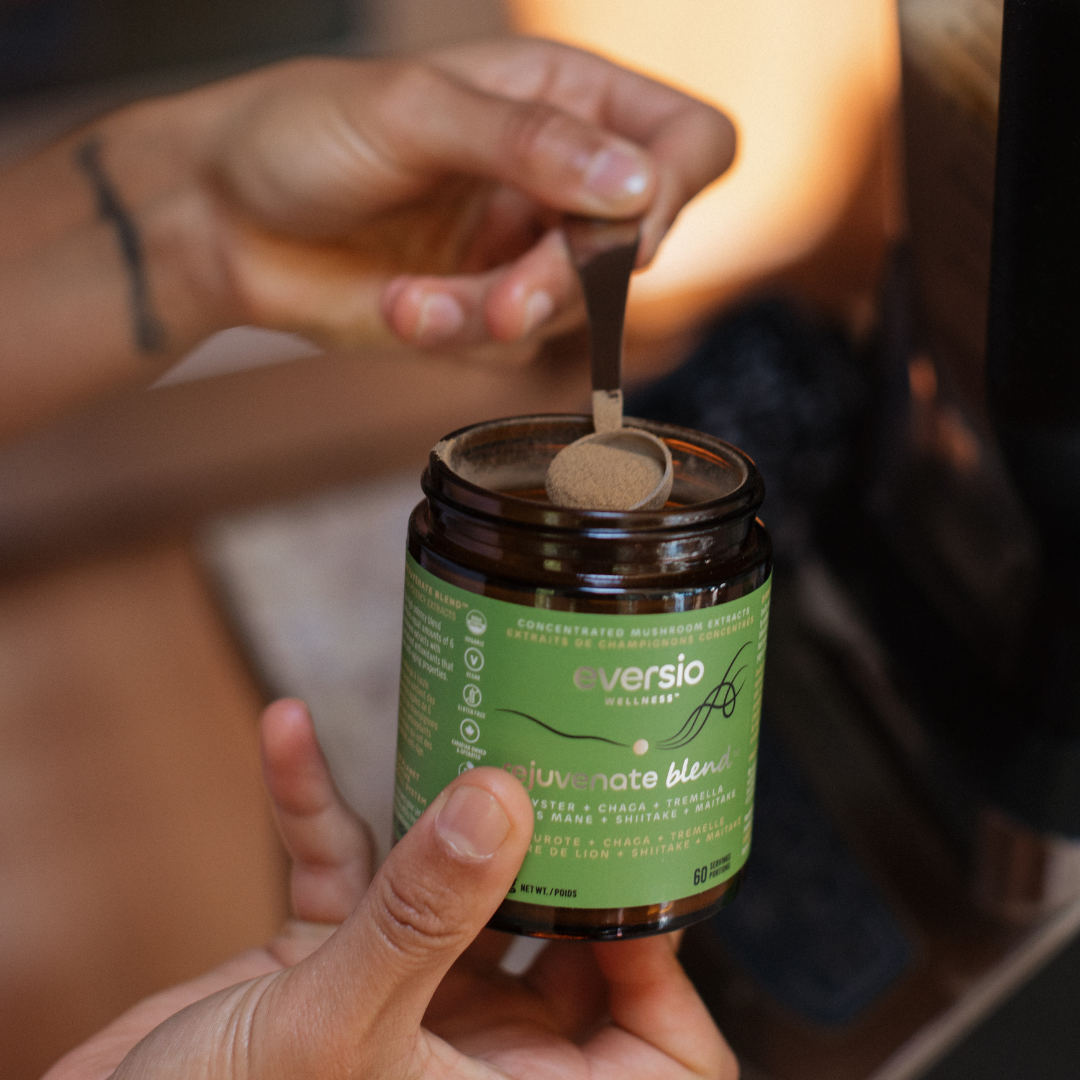


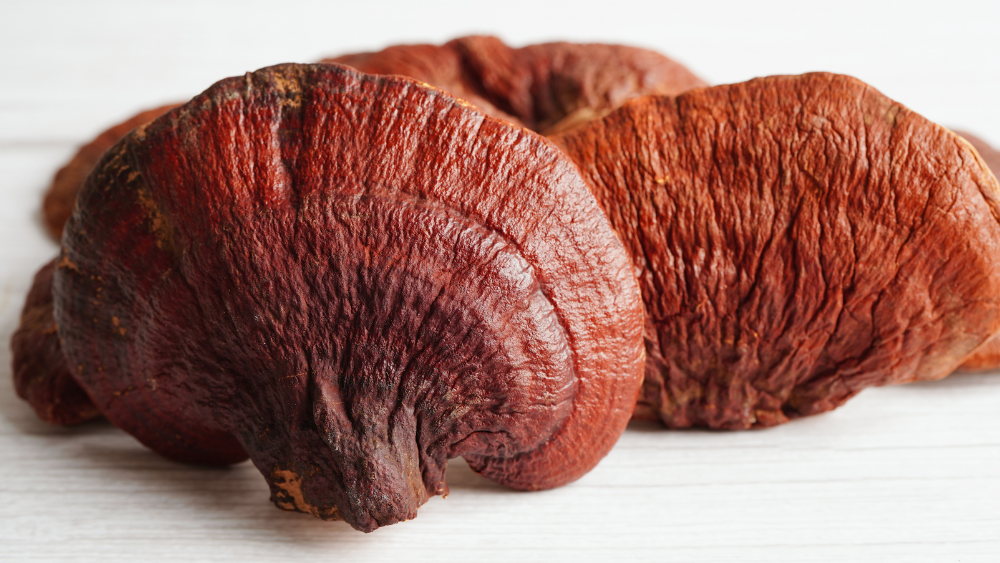





Leave a comment
All comments are moderated before being published.
This site is protected by hCaptcha and the hCaptcha Privacy Policy and Terms of Service apply.